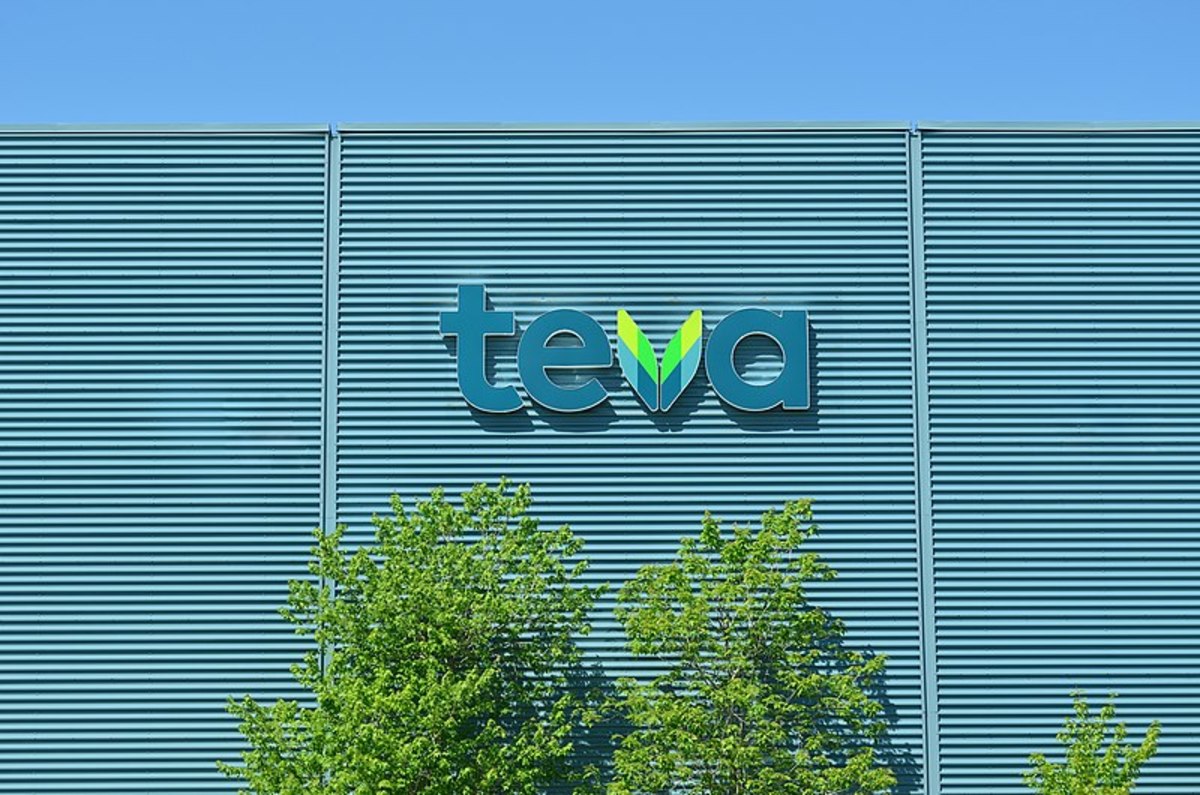
Long before anyone had heard of Martin Shkreli, in those blissful and half-remembered years before 2016, an Israeli pharmaceutical company had his idea: Why don’t we increase the price of this drug for multiple sclerosis patients from $17,000 a year to $73,000 for the last nine years we’ll have a patent on it? That’ll make it almost as profitable as pushing opioids.
Lacking, however, Shkreli’s taste for bad press, and possessed of an institutional infrastructure enjoyed by actual pharma companies but not Pharma Bros, Teva Pharmaceutical Industries had an idea to avoid telegenic, wheelchair-bound patients from getting a bill four times as high, or a letter from Medicare saying it would no longer cover such an outrageously-priced drug, calling their congresspeople and local news anchors. It would just pay the difference itself for Medicare patients, through a couple of intermediary charities, ensuring that people kept using the drug and that other people would pay new inflated price for it.

